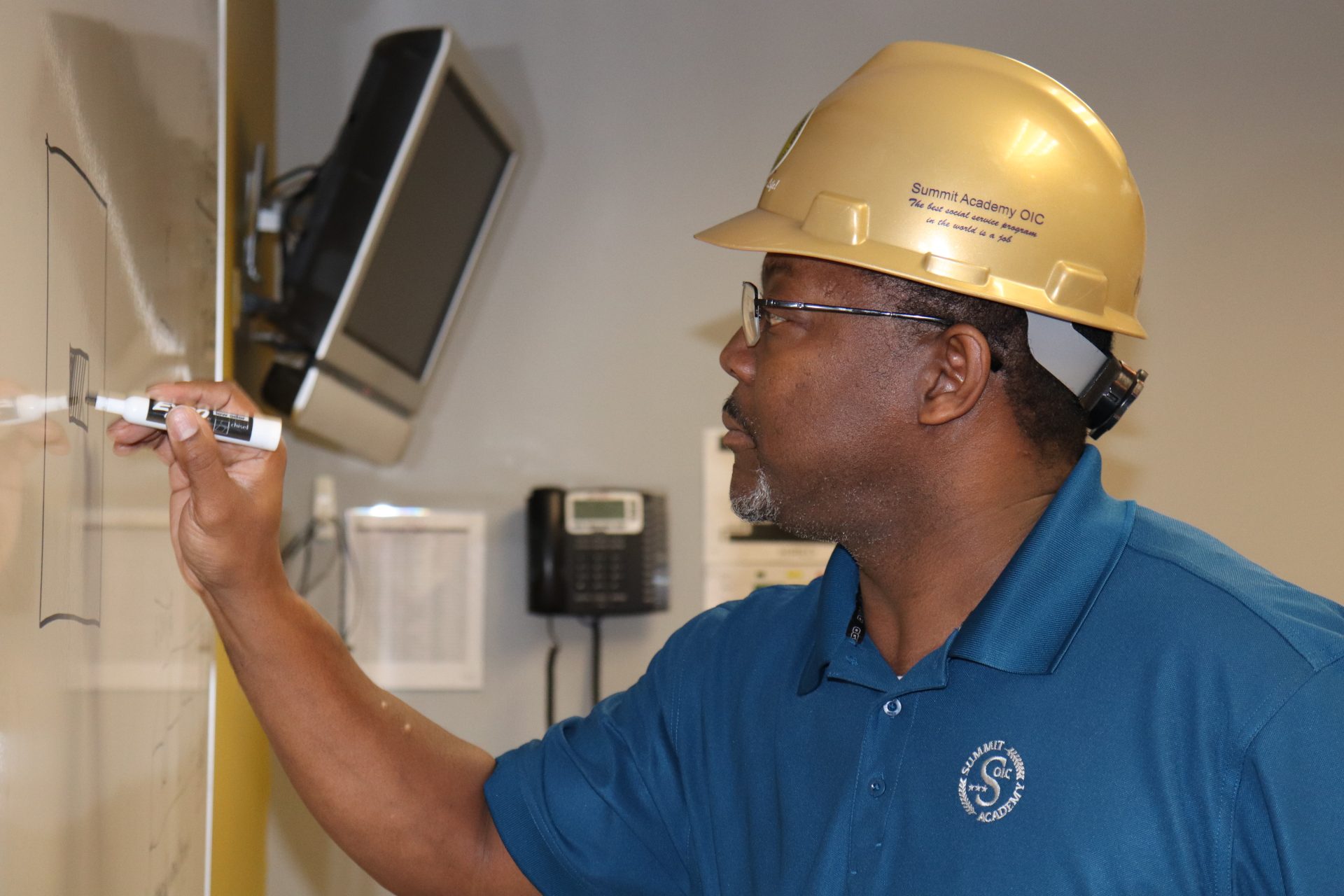
Marcus Garvey — entrepreneur, founder, and first President-General of the Universal Negro Improvement Association and African Communities League once stated: “A people without knowledge of their past history, origin and culture, is like a tree without roots.”
Few know of the contributions made to the world in math from Africa. The revisionist history taught to Americans leaves people with the sense that Africa has not provided any significant contributions to modern mathematics and science. Abdul Karim Bangura, notes this in his book, African Mathematics: From Bones to Computers, and it was a topic frequently lectured upon by the late great Ivan Van Sertima and documented in his book, Blacks in Science: Ancient and Modern. Africa is generally overlooked, and the focus is usually on the Greeks, Romans, and other Western civilizations. Despite the best efforts by the writers of our flawed and biased history books, many mathematical artifacts support that Africans are not only major contributors to math but that math originated from the continent of Africa.
Mathematical artifacts dated 35,000 BC were found in the mountains between South Africa and Swaziland. These artifacts, including the Ishango bone and a piece of baboon fibula with 29 notches, are preeminently recognized as documenting the existence of math prior to the establishment of mathematics in Europe. The notches are evenly spaced and appear to represent a lunar calendar. The markings on the first two rows each add to 60. The second row contains the prime numbers between 10 and 20. Another significant contribution is Egyptian numerals. The Egyptians had a base 10 system for numerals, meaning that they have separate symbols for one unit, one ten, one hundred, one thousand, one ten thousand, one hundred thousand, and one million.
The oldest known mathematical artifact in the world is the Lebombo Bone. It was discovered in a cave on the western side of the Lebombo Mountains in an area near the border of South Africa and Swaziland and according to 24 radiocarbon dating, it is estimated to be from 44,200 and 43,000 years old.
Euclid was born in Africa and was of African origin. Born in Alexandria, Egypt (originally called Rhakotis), he considered to be one of the most featured mathematicians of his time and is famously known for his discourse on geometrical mathematics called The Elements.
The Dogon West African tribe, located about 300 kilometers south of Timbuktu in the Republic of Mali, is considered to have recorded the exact shape and period of the orbit of Sirus B.
It is important that people of the African Diaspora continue to educate ourselves about the contributions our ancestors made to the modern world, and never forget how much Black people have contributed to society.















